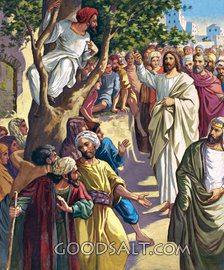 While historians do not have a definitive date for the Christian beginnings of All Saints’ Day, it is believed by many, to have been initiated by the Greeks. In the fourth century, they chose the first Sunday after Pentecost to honor all saints and martyrs.
While historians do not have a definitive date for the Christian beginnings of All Saints’ Day, it is believed by many, to have been initiated by the Greeks. In the fourth century, they chose the first Sunday after Pentecost to honor all saints and martyrs.
In 837 CE, All Saints’ Day was authorized a holiday by Pope Gregory IV.
Continue Reading





